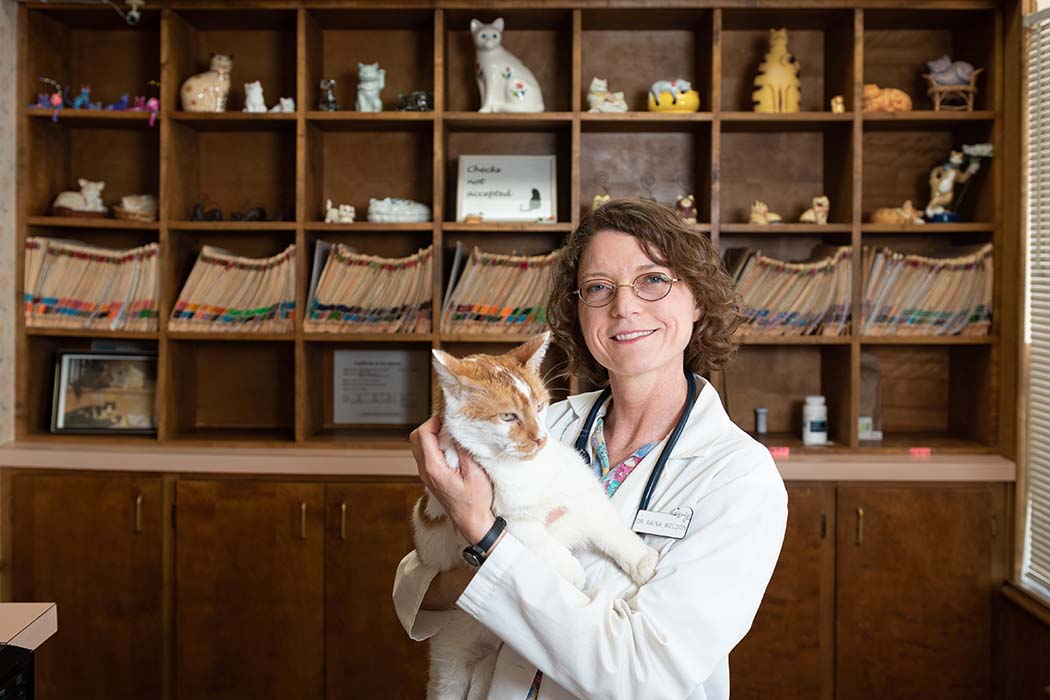Dr. Raina Welden found it difficult to find a job as a veterinarian because she refused to declaw cats, so she bought her own practice.
“I have been a crazy cat lady my whole life, so I always wanted to work just with cats,” she says.
One of Welden’s veterinary school instructors once complained during equine rotation that Welden paid more attention to the barn cats than the horses.
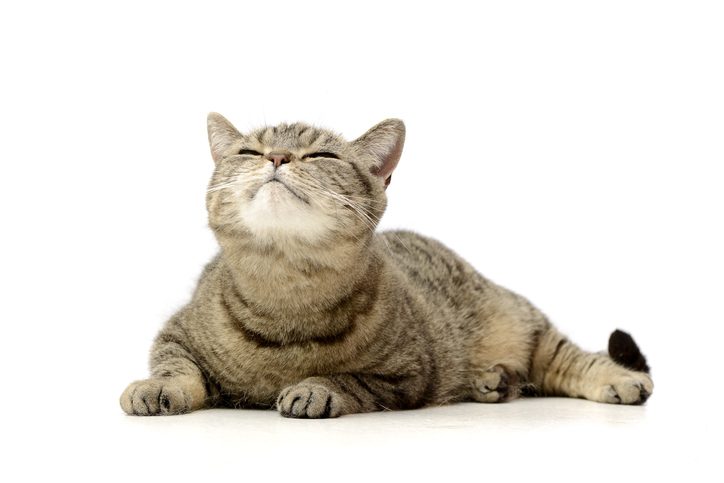
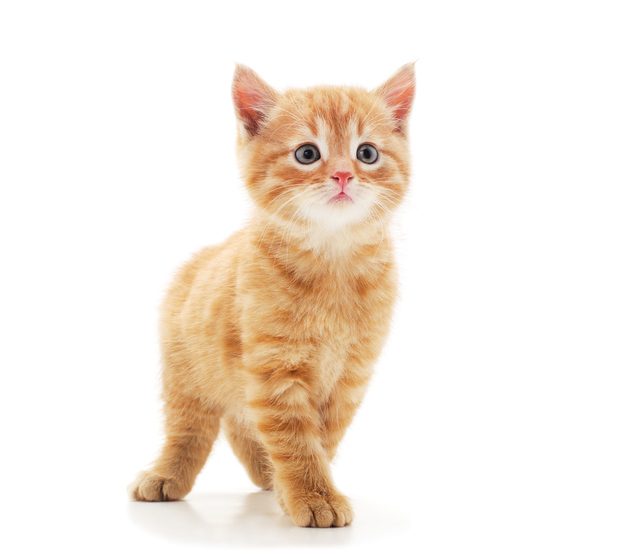
Weldon worked at a cat-and-dog practice in Arizona after graduating from Louisiana State University in 1977 but searched for a cats-only clinic.
“It was actually rather challenging to get a job in a cat clinic as a no-declawing veterinarian,” she says. “I had several clinics tell me they would not hire me if I wouldn’t declaw.”
Declawing involves amputating the last bone on every toe of the animal.
“The first time I saw it done as a vet tech, the cat had very good pain medication,” Welden says. “Yet the cat woke up, screaming and biting at its bandaged paws. That’s the part that people don’t get to see.”
Throughout the years, she has seen the negative effects of declawing. She’s witnessed limping, abscess and skin loss from bandages and tourniquets. Some cats refuse to use a litter box because litter hurts their mangled paws.
Welden applied to the Cat Hospital in Lake Highlands, a cat-only clinic established in 1988 by Dr. Kathleen Eastman. Eastman was moving to Nebraska, so she asked Welden if she wanted to buy her practice.
Welden took over in 2001. She bought the practice before she bought a house. Welden grabbed a map and drew a 5-mile radius to figure out where she wanted to live.
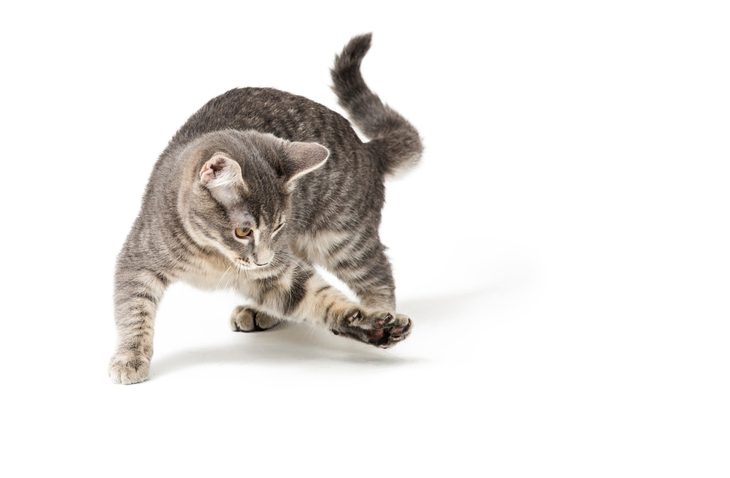
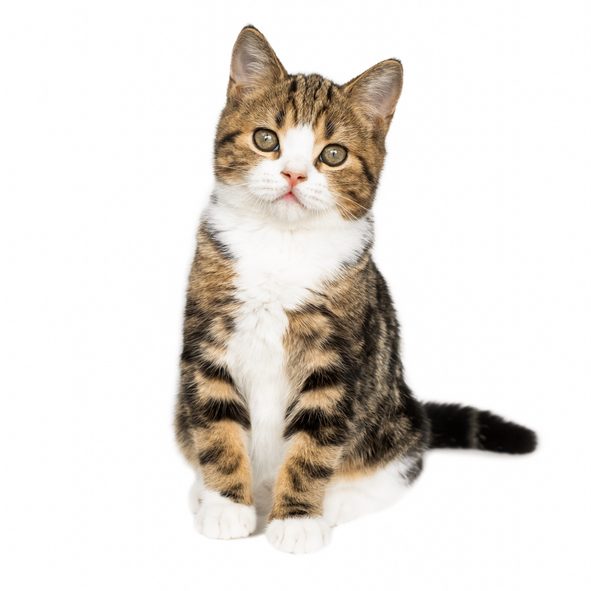
“I’m not going to commute, and I don’t want to get on the interstate,” she remembers saying.
For the past 19 years, Welden has grown close relationships with her patients. She’s able to empathize with pet owners because she’s been a “cat mom” her entire life.
“I joke that I think I’ve had a cat with every medical condition out there, but it’s true,” she says. “They give me a lot of personal experience.”
Welden doesn’t know how many cats she’s adopted in her lifetime, but she’s owned up to six at one time. Her cats’ illnesses have ranged from kidney disease, cancer, diabetes, glaucoma and asthma.
“I understand what it’s like to be on the other side of the table.”

